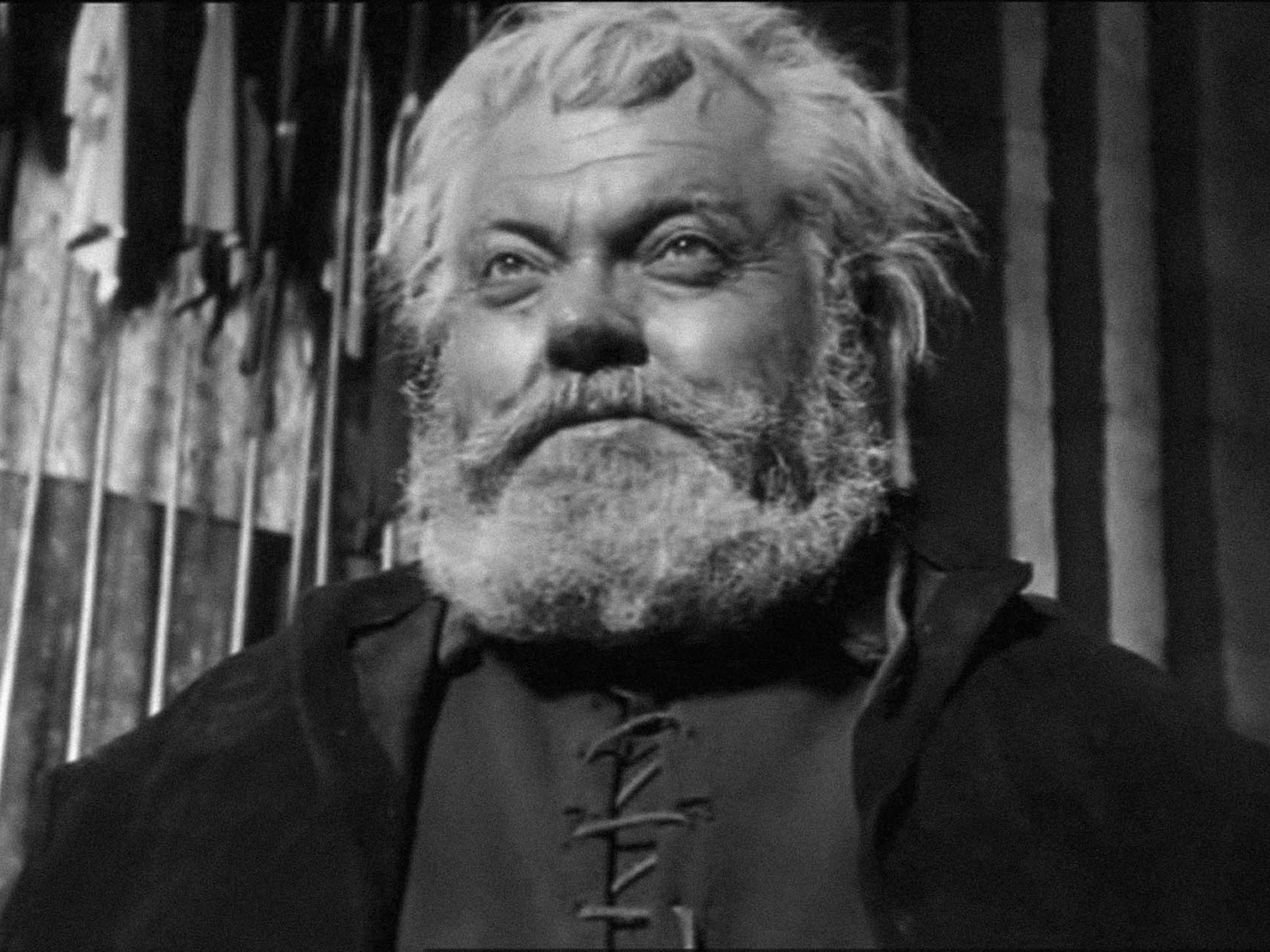Falstaff (Chimes At Midnight), film review: Digitally-restored version marks Orson Welles' centenary and film's 50th anniversary
(PG) Orson Welles, 116 mins Starring: Orson Welles, Keith Baxter, John Gielgud, Jeanne Moreau, Norman Rodway

Your support helps us to tell the story
From reproductive rights to climate change to Big Tech, The Independent is on the ground when the story is developing. Whether it's investigating the financials of Elon Musk's pro-Trump PAC or producing our latest documentary, 'The A Word', which shines a light on the American women fighting for reproductive rights, we know how important it is to parse out the facts from the messaging.
At such a critical moment in US history, we need reporters on the ground. Your donation allows us to keep sending journalists to speak to both sides of the story.
The Independent is trusted by Americans across the entire political spectrum. And unlike many other quality news outlets, we choose not to lock Americans out of our reporting and analysis with paywalls. We believe quality journalism should be available to everyone, paid for by those who can afford it.
Your support makes all the difference.Orson Welles' "lament for merrie England" was his favourite among his films but remains one of his least well known. Dogged by rights issues, it has rarely been revived. This digitally restored version is being released to mark both Welles' centenary (he was born on 6 May 1915) and the 50th anniversary of the film itself. The script is taken from various Shakespeare plays, primarily Henry IV part 1 and part 2.
Welles himself brings enormous pathos and humour to his role as Falstaff. Early scenes show him carousing with Prince Hal (a very dashing Keith Baxter) as Margaret Rutherford's Mistress Quickly clucks around them. There is a wonderful cameo from Jeanne Moreau as a very feline and voluptuous Doll Tearsheet.
Hal's father, King Henry IV (John Gielgud), is in despair at Hal's dissolute ways and compares him very unfavourably with the dashing and dutiful "Hotspur," Henry Percy (Norman Rodway). The carefree slapstick of the early scenes is belied by a ferocious and very brutal battle sequence, barely alleviated by the comic scenes of Falstaff running about the battlefield in tinpot armour, pretending to be a hero.
Hal's eventual betrayal of Falstaff ("I know thee not old man") is the most poignant moment in all of Welles' movies. The irony is also very obvious. Hal deludes himself that in letting go of his old friend, he is at last embracing his responsibilities as adult and king. Falstaff, though, represents a sweetness and innocence that he can never recapture.
Join our commenting forum
Join thought-provoking conversations, follow other Independent readers and see their replies
Comments